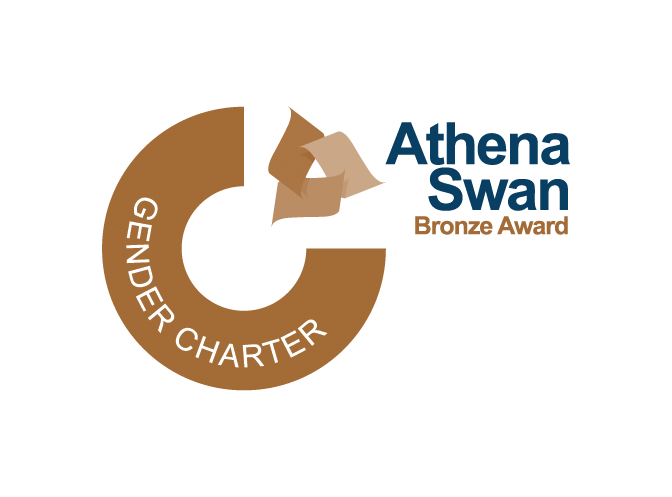Current Opportunities and How to Apply
The School of Environment, Earth and Ecosystem Sciences at The Open University (Faculty of Science, Technology, Engineering and Mathematics) invites applications for the following full or part-time PhD studentships open to all nationalities.
We strongly advise that you get in touch with the contact person associated with each project for informal discussion and advice. For any procedural or administrative questions please email STEM-EEES-PHD@open.ac.uk
PhD Projects Available for CENTA Doctoral Training Consortium Funding
The CENTA Doctoral Training Consortium is funded by a NERC Doctoral Landscape Award. Please see the CENTA website for consortium details.
These projects are now closed
PhD Projects Available for OU STEM Faculty Funding
These projects are now closed
Funding information
For projects funded through the Doctoral Training Partnership CENTA successful candidates will receive:
- An annual stipend of £20,780 paid directly to the student in monthly increments for 3.5 years
- Full university fees at Home level, and successful international candidates should discuss with the OU a fee waiver to cover the difference between Home and International fees.
- A research training support grant (RTSG) of £8,000
For projects funded by the OU STEM faculty the successful candidates will receive:
- An annual stipend of £20,780 paid directly to the student in monthly increments for 3.3 years
- Full university fees, and successful international candidates should discuss with the OU a fee waiver to cover the difference between Home and International fees.
- A research training support grant (RTSG) of £3,300
Eligibility and Requirements
Applicants must hold a Bachelor’s or equivalent degree in a relevant subject with a grade at least equivalent to a 2:1 OR must demonstrate at least a pass at MSc level. There is no residency or nationality limit on these studentships.
How to apply
For PhD Projects available for CENTA doctoral training consortium funding you will need to submit:
- A CENTA application form, downloadable from: CENTA application form
- A CV with the names of at least two referees (preferably three and who can comment on your academic abilities)
- An Open University application form, downloadable from: Home OU application form (if you are resident in the UK) or an Overseas OU application form (if you are an international applicant). For Home applicants, in Section 14 of the Open University application form, please insert the title of the project to which you have applied. In Section 15 of the Open University application form please tick "yes". For Overseas applicants, in Section 18 of the Open University application form, please insert the title of the project to which you have applied. In Section 19 of the Open University application form please tick "yes".
For projects available for OU STEM faculty funding you will need to submit:
- A EEES application form, downloadable from: EEES application form.
- A CV with the names of at least two referees (preferably three and who can comment on your academic abilities)
- An Open University application form, downloadable from: Home OU application form (if you are resident in the UK) or an Overseas OU application form (if you are an international applicant). For Home applicants, in Section 14 of the Open University application form, please insert the title of the project to which you have applied. In Section 15 of the Open University application form please tick "yes". For Overseas applicants, in Section 18 of the Open University application form, please insert the title of the project to which you have applied. In Section 19 of the Open University application form please tick "yes".
Please submit your application materials to STEM-EEES-PHD@open.ac.uk. The deadline for applications is Now Closed
News
Celebrating our new Professor of Ocean Biogeochemistry, Pallavi Anand
We are celebrating another new professor in EEES, following the promotion of Dr Pallavi Anand to Professor of Ocean Biogeochemistry.
Celebrating our new Professor of Planetary Mineralogy, Susanne Schwenzer
We are celebrating a new Professor in EEES. Dr Susanne Schwenzer has recently been promoted to Professor of Planetary Mineralogy.



